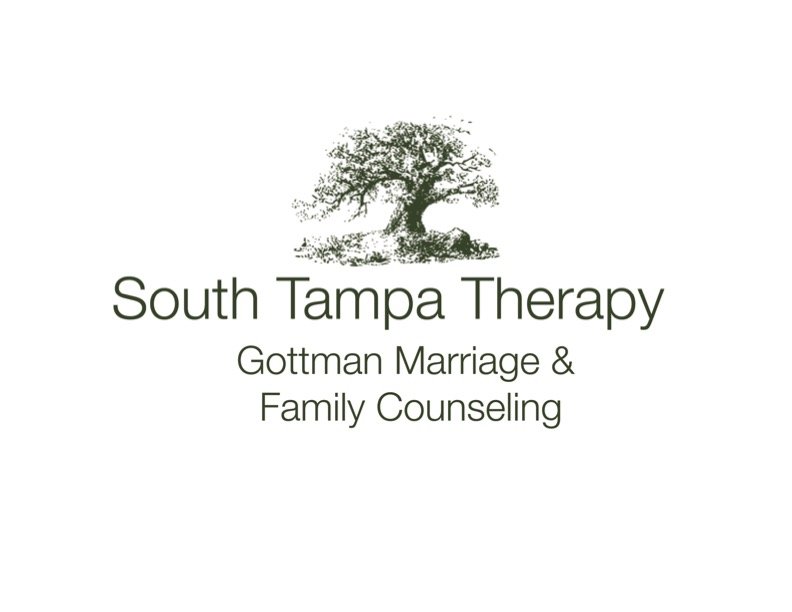Bringing Baby Home
“The greatest gift you can give your child is a strong relationship between the two of you.” John Gottman
Bringing Baby Home
Even the strongest relationships are strained during the transition to parenthood. Lack of sleep, never-ending housework and new fiscal concerns can lead to profound stress and a decline in marital satisfaction — all of which affect baby’s care. Not surprisingly, 69% of new parents experience conflict, disappointment, and hurt feelings.
Our research-based Bringing Baby Home sessions and workshops prepare couples for life with baby and helps them be the best parenting team possible. In a relaxed and supportive environment, parents learn to strengthen their relationship and foster baby’s development during this challenging time. They build on what Dr. Gottman and colleagues found is the best predictor of marital adjustment after baby arrives: the quality of friendship in the marriage.
This series of sessions and workshop combines scientific research and public education to improve the quality of life for babies and children by strengthening their families. It teaches new parents how to gain relationship satisfaction and create healthy social, emotional, and intellectual development for their children.
Research on emotion coaching, on the impact of marital discord, and the transition to parenthood are all elements of Gottman’s parenting research agenda. At the heart of these projects are the emotional lives of children and the emotional communication between parents and their children. As Gottman and his colleagues studied parents and children over time, they made a number of observations and discoveries about the powerful impact that emotional processes can have on children and their parents.
“Much of today’s popular advice to parents ignores emotion,” says Dr. Gottman. “Instead it relies on child-rearing theories that address children’s misbehavior, but disregards the feelings that underlie that misbehavior. The ultimate goal of raising children should not be simply to have an obedient and compliant child. Most parents hope for much more for their children.”
Gottman’s research also discovered that love by itself wasn’t enough. “We found that concerned, warm, and involved parents often had attitudes toward their and their children’s emotions that got in the way … when the child was sad or afraid or angry,” he writes. “The secret to being an emotionally intelligent parent lay in how parents interacted with their children when emotions ran hot.”
The researchers ultimately determined that successful parents tended to do five very simple things with their children when they were emotional. Gottman calls these five elements “Emotion Coaching.” He discovered that children who had “Emotion Coaches” for parents were on an entirely different, more positive developmental trajectory than the children of other parents.
Gottman and other researchers also observed that children benefit the most when parents themselves have a strong relationship. “In families where the parents aren’t living with each other or are not going to stay married, the parents can best help their children by minimizing their children’s exposure to destructive conflict. High levels of parental conflict create emotional distress in children and decrease effective parenting skills.”
The specific results of our evaluations to date are broken down below:
Parent-Baby Relations
Both fathers and mothers who took the BBH program (compared to those that did not) showed greater sensitivity and responsiveness to their infant’s signals. This was particularly true for fathers.
Parents who took the BBH program demonstrated better coparenting abilities in that they were able to work together more positively during family play with their 3-month-old baby.
Babies expressed more smiling and laughter during family play if their parents had participated in the BBH program. This was true for both 3 and 12-month-old infants.
Several indicators of father-infant attachment security were rated more positively in families who had taken the BBH program.
Infant Development & Temperament
There were less language delays in one-year-old infants of parents who took the BBH program.
Mothers who took the BBH program rated their babies as showing less distress in response to limitations (such as having a toy out of reach).
1-year-old babies in the workshop group were rated as responding more positively to their fathers’ soothing (this is likely to reflect something about father-baby interaction quality as well as infant temperament).
Father Involvement
Fathers who took the BBH program reported being more involved in parenting and feeling more satisfied and appreciated for their parental contributions.
The quality of father-baby interactions was more positive if fathers had taken the BBH program.
Couple Relationship Quality
Couples who took the BBH program reported high stable relationship quality. Those who did not take the BBH program showed a decline in relationship quality over the first year after the baby’s birth.
There was less hostility expressed by both husbands and wives during conflict discussions if they had taken the BBH program.
Parent Psychopathology
Fewer mothers who took the BBH program showed symptoms of postpartum depression, the baby blues, and other indicators of psychopathology such as anxiety.
Fewer fathers who took the BBH program showed signs of depression, anxiety and other psychopathology after the baby was born.

